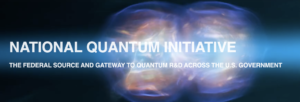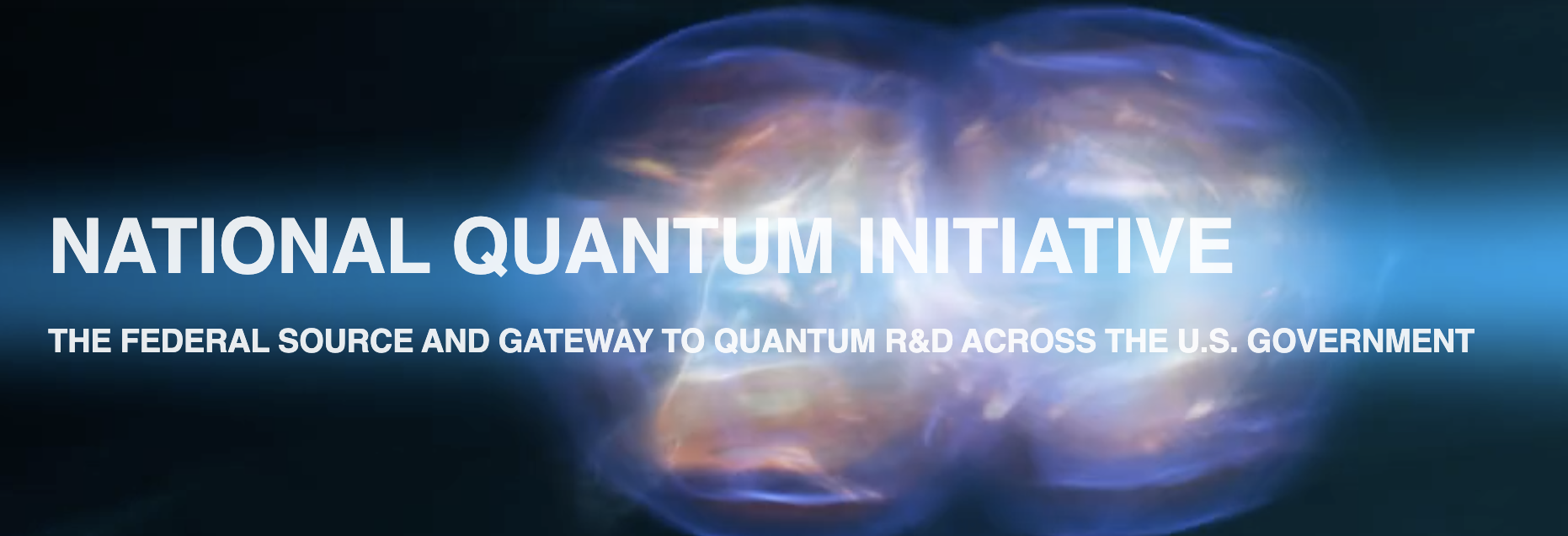
The quantum industry needs to attract a talented, highly trained workforce from a global pool of talent — and the government needs to develop and support policies that welcome these people, according to a report by the National Science and Technology Council (NSTC).
The council recently released the report The Role of International Talent in Quantum Information Science that covers the economic and security implications of quantum science, the quantum workforce and importance of attracting foreign talent and the global quantum enterprise. The report was issued by the Subcommittee on Economic and Security Implications of Quantum Science Committee on Homeland and National Security of the NSTC.
As far as importance, the report concludes that “QIST is a growing enterprise with important economic and national security implications, and a reliance on a complex, international ecosystem.”
While still a nascent industry, the committee believes that countries that develop quantum technology expertise will have a national security and economic advantage. But developing quantum information science will require nurtuting.

The report states: “Overall, QIST technologies are likely to provide economic and national security advantages to those countries that are successful in leading their development. Therefore, it is imperative the United States plays a leading role in this technology arena, while also working to strengthen collaborations with allies and partners who share similar research values. This effort requires interfacing with and leveraging an increasingly global and interconnected QIST research community, one that includes broad international academic collaborations, dispersed supply chains for advanced enabling technologies, and a global talent pool. All of these components are essential for expanding the research infrastructure now that would allow us to quickly adopt significant advances with economic or national security implications when they present themselves.”
“As of 2017, approximately 70% of foreign national Science, Technology, Engineering and Mathematics (STEM) PhD students who graduated from U.S. institutions of higher education stayed in the United States, where they contribute to the U.S. economy and support the global science and technology enterprise.”
The Need for Global Talent
A lack of trained workers could stymie the country’s development of a workforce that can nurture the quantum industry, according to one of the report’s main findings.
“Industry, academia, and the U.S. Government currently face a shortage of talent in QIST. While in the long term the National Quantum Initiative programs will generate new workforce talent, there is still an immediate need for talent across multiple sectors and an uncertainty if these programs can meet future needs of academia, national laboratories, industry, and the Federal Government,” the report concludes.
Foreign talent constitutes approximately half of the U.S. graduates in QIST related fields, and flows into the United States from all over the world, according to the report. Most foreign students become American citizens, in other words.
The committee points out that foreign students tend to stay in the U.S.: “As of 2017, approximately 70% of foreign national Science, Technology, Engineering and Mathematics (STEM) PhD students who graduated from U.S. institutions of higher education stayed in the United States, where they contribute to the U.S. economy and support the global science and technology enterprise.”
Addressing the growing demand for an expert QIST workforce will require both growing the domestic pipeline and promoting the flow of international talent into the United States.
The committee makes this a key policy recommendation: “The United States should continue to develop and support policies that welcome talented individuals from all over the world, while implementing appropriately balanced protections that mitigate potential research security concerns.”
Among other recommendations, the committee said that federal organizations should engage in close collaboration with allies and partners to ensure a vibrant and secure international quantum ecosystem. They also recommend that the National Quantum Coordination Office (NQCO) and NSTC Subcommittee on Quantum Information Science (SCQIS) should augment the National Strategic Overview for Quantum Information Science with a strategic plan for QIST workforce development.
Finally, the committee recommends that “Federal organizations that fund research, development, and acquisition of QIST should develop coordinated, comprehensive technology protection plans to safeguard intellectual capital and property, while accounting for specific mission needs. These measures should address current and evolving methods used to target U.S. technology, while promoting U.S. ideals of open and transparent R&D.”
If you found this article to be informative, you can explore more current quantum news here, exclusives, interviews, and podcasts.















